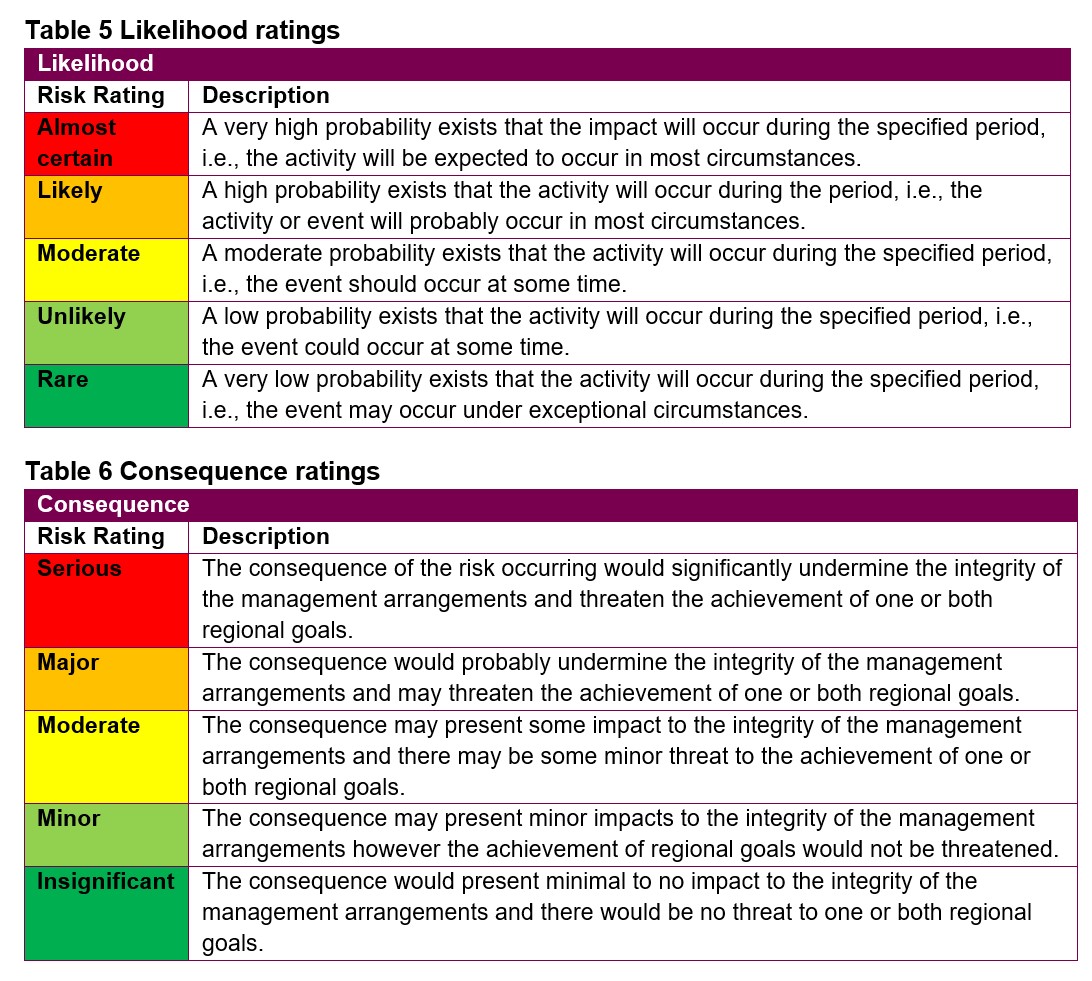MRAG Ltd was contracted by Natural England to deliver a project developing a modular-risk based framework for identifying and implementing the most efficient and effective suite of Remote Electronic Monitoring (REM) technologies for fishing metiers operating within 12nm in English waters. The framework adopts a risk-based approach, assessing the risks posed by different fishing metiers to the wider marine environment (through GES descriptors) and subsequently evaluates how the various REM components contribute to mitigating these risks. The framework includes an evaluation of the costs and benefits provided by different levels of monitoring, thereby providing Defra (and IFCAs / MMO thereafter) with the prospective benefits that could be achieved by introducing incremental layers of electronic monitoring technology to different parts of the fleet.
The goal of this project was to develop a framework that can be used by Defra to inform the development of a new fisheries data collection and monitoring regime as part of the UK’s new catching policy, identifying the most efficient and cost-effective combination of REM technologies that can be applied across the fleet operating within 12nm, primarily, but also with the potential to extend to the entire English EEZ. Informing the development of a catching policy that incorporates REM systems utilising an evidenced risk-based approach that will: (i) help promote compliance; (ii) collect data for data-poor fisheries; (iii) protect sensitive species; and (iv) contribute to achieving GES.

